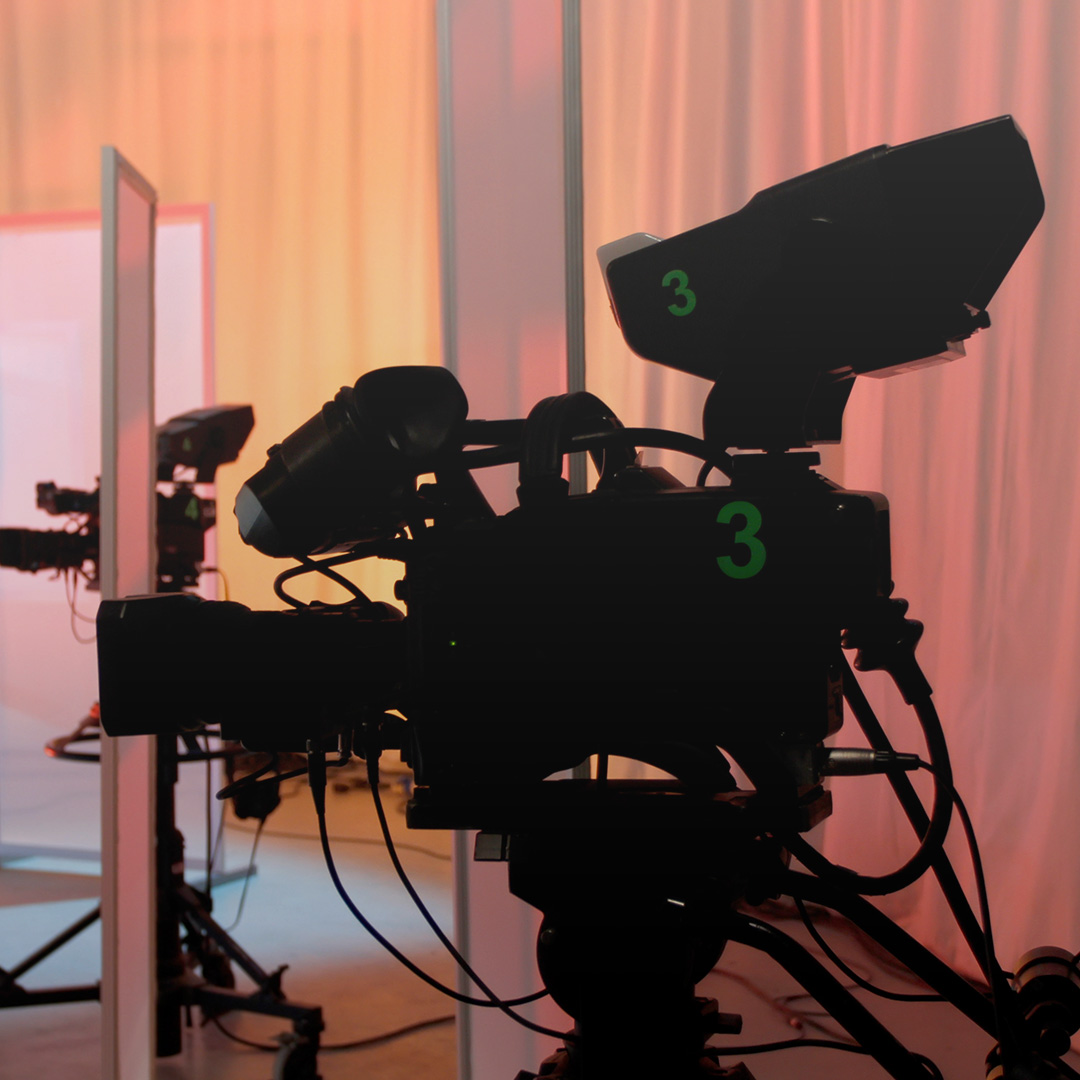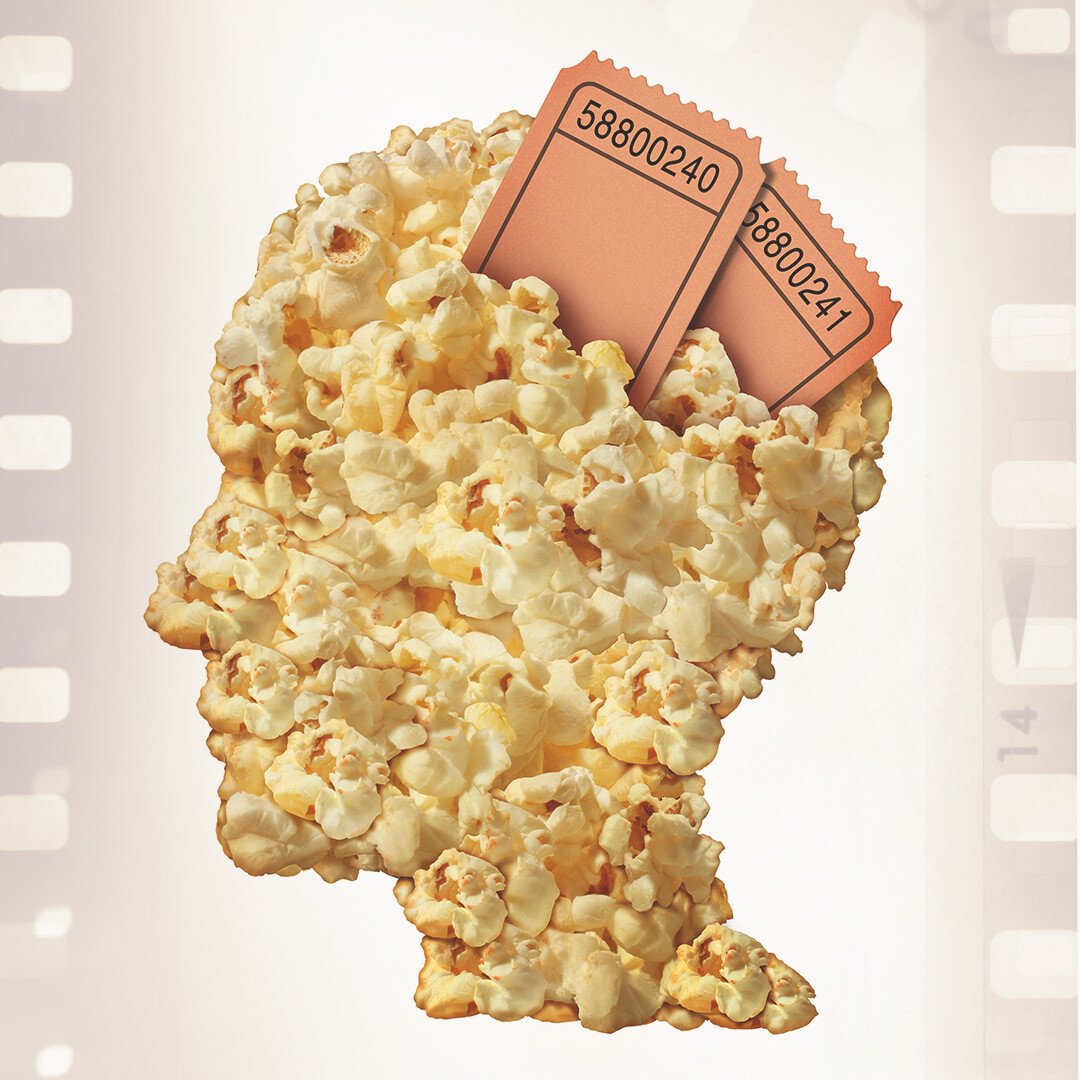8 min read
Measuring Success: How to Track and Optimize Your Film Campaign
Measuring Success: How to Track and Optimize Your Film Campaign Without measurement, even the most creative film marketing campaigns become...
7 min read
Data Storytellers at Trilogy : Jul 29, 2025 3:25:27 PM

Without strong creative assets, even the most sophisticated distribution strategy means nothing.
Every year, well-funded films with solid distribution deals disappear from theaters within weeks because their marketing materials failed to communicate value, build excitement, or convert audience interest into ticket purchases. Meanwhile, independent films with minimal budgets sometimes break through purely on the strength of compelling creative assets that capture attention and drive action.
The difference between marketing materials that move the needle and those that get ignored comes down to understanding what actually motivates audience behavior versus what looks impressive in boardroom presentations.
This guide examines the marketing assets that actually drive measurable results, from foundational materials like key art and trailers through digital content strategies and interactive experiences. You'll discover how to create materials that not only look professional but actually convert audience interest into box office performance.

Effective poster design goes far beyond creating attractive images. It must communicate genre, tone, and value proposition within seconds while standing out in crowded marketplace environments.
Contemporary audiences encounter thousands of visual messages daily, requiring poster designs that capture attention and communicate value almost instantaneously.
Key Psychological Drivers:
Horror Poster Conventions: Dark palettes, dramatic lighting, danger/supernatural imagery. Get Out succeeded by subverting conventional horror imagery while maintaining genre recognition.
Comedy Poster Approaches: Bright colors, character-focused imagery, typography suggesting humor and accessibility.
Drama and Prestige Positioning: Sophisticated color palettes, artistic imagery, typography suggesting quality and awards potential.
Concept Development: Develop multiple poster concepts emphasizing different film elements—character, story, genre, or visual spectacle—to determine which approaches resonate with target audiences.
Platform Optimization: Modern posters must work across multiple platforms. Instagram requires different approaches than traditional theatrical one-sheets.
International Considerations: Films targeting international markets may require adaptations respecting cultural differences in visual communication and color psychology.
Modern audiences make viewing decisions within the first 10-15 seconds of trailer consumption, requiring openings that immediately establish genre, tone, and compelling reasons to continue watching.
Horror Trailer Techniques: Balance fear generation with broad accessibility, creating tension without revealing major scares. Sound design becomes crucial for emotional response.
Comedy Trailer Challenges: Showcase humor without exhausting funniest moments or creating false expectations about comedic style.
Drama and Character-Driven Content: Emphasize character development, emotional stakes, and thematic relevance while building anticipation for resolution.
Traditional Theatrical Trailers: Can assume captive audiences and longer attention spans, allowing gradual build-up and comprehensive story introduction.
Digital Platform Optimization:

Teaser Trailer Strategy (4-6 months before release): Focus on mood, visual style, and genre recognition while preserving plot details.
Main Trailer Development (8-12 weeks before release): Provide substantial plot information while preserving key surprises and emotional payoffs.
Final Trailer Considerations: Target audiences already committed to viewing, focusing on building excitement and urgency.
Production photography requires advance planning that coordinates with shooting schedules while capturing content serving multiple marketing functions throughout campaign development.
On-Set Photography Strategy: Balance documentation with marketing asset creation, capturing candid behind-the-scenes moments and composed promotional images.
Key Areas of Focus:

Platform-Specific Requirements:
Content Series Development: Create ongoing visual series—character spotlights, behind-the-scenes reveals, thematic photography—maintaining engagement throughout campaigns.
Individual Character Development: Capture character essence through costume, expression, and environment without spoiling development.
Relationship Documentation: Photograph character interactions building story understanding while creating promotional content.
Modern press kits must prioritize digital accessibility and searchability while providing downloadable assets that make journalist workflow efficient and comprehensive.

Essential Written Components:
Photography Collections:
Video Content: Interview footage, behind-the-scenes video, and broadcast-ready content for various media applications.
Industry Publications: Require different emphasis and technical detail than mainstream media.
Mainstream Media: Benefit from materials emphasizing broader cultural relevance and accessible information.
Digital Media: Prefer materials working effectively in digital formats while providing exclusive content differentiating coverage.
Digital asset development forms the backbone of social media campaigns that convert audience engagement into measurable results while building authentic audience relationships.
Instagram Asset Strategy: High-quality imagery and video maintaining aesthetic consistency while providing variety sustaining engagement.
TikTok Content Creation: Authentic engagement over polished production, feeling native to platform culture while promoting effectively.
YouTube Long-Form Content: Comprehensive content building deeper investment through documentaries, interviews, and educational material.

Behind-the-Scenes Series: Document production progress, creative decisions, and cast preparation providing ongoing engagement while building filmmaking appreciation.
Educational Content: Explore film themes, historical contexts, or genre elements providing educational value while building film depth appreciation.
User-Generated Content Campaigns: Design challenges and contests encouraging audience content creation while building community around shared enthusiasm.
Community Building Activities: Virtual events, Q&A sessions, and exclusive access creating experiences rewarding fan loyalty.
Long-form content provides opportunities for deeper engagement and comprehensive storytelling that short-form social media cannot achieve.
Production Documentary Development: Create comprehensive production process documentation revealing creative challenges and collaborative processes.
Character and Performance Exploration: Document character development and actor preparation without spoiling developments.
Filmmaker Interview Series: Comprehensive interviews exploring creative vision, production challenges, and artistic goals beyond promotional content.
Industry Education Content: Educational podcast content about filmmaking processes and industry insights appealing to aspiring filmmakers.
Comprehensive Newsletter Development: Provide exclusive insights, behind-the-scenes information, and community updates rewarding subscription.
Exclusive Content Strategy: Email-only content building loyalty while encouraging list growth.
Interactive marketing assets transform passive consumption into active participation building deeper emotional investment and memorable brand experiences.
Film-Related Game Development: Create games exploring film themes while providing genuine entertainment value independent of promotional messaging.
Social Media Interactive Campaigns: Design campaigns encouraging participation through polls, quizzes, and creative challenges generating user-created content.

AR Filter Development: Allow audiences to interact with film elements while generating shareable social media content.
Virtual Reality Experiences: When budget allows, VR experiences previewing film environments create memorable experiences generating significant buzz.
VIP Experience Development: Design exclusive experiences providing genuine value while creating social currency motivating sharing among broader audiences.
Community Recognition Programs: Recognize and reward audience advocacy and participation while encouraging continued engagement.
Marketing asset effectiveness requires measurement approaches assessing participation depth and community building rather than simple consumption metrics.

Engagement Quality vs. Quantity: Monitor engagement depth—comment sentiment, sharing patterns, time spent—revealing genuine investment rather than superficial interaction.
Platform-Specific Analysis: Different platforms provide varying performance data requiring tailored measurement approaches respecting platform strengths.
Multi-Touch Attribution: Develop tracking systems recognizing multiple touchpoints throughout audience journey rather than attributing conversion to single assets.
Website and Email Tracking: Monitor how marketing assets drive website visits, subscriptions, and owned media engagement building direct relationships.
Cost-Per-Acquisition Analysis: Compare customer acquisition costs across marketing assets to identify most efficient audience development strategies.
Lifetime Value Consideration: Factor long-term audience relationship value into ROI calculations rather than focusing solely on immediate conversion metrics.
Want to go deeper on measurement? Learn how to track and optimize the impact of your film marketing assets in our guide to measuring success.
Effective film marketing assets work as an integrated system building awareness, generating excitement, and providing clear pathways for audience action across multiple touchpoints and platforms.

Foundation First: Strong key art establishes visual brand identity influencing every other marketing material while communicating genre, quality, and value proposition within seconds.
Platform Optimization: Marketing assets must work effectively across multiple platforms with different technical requirements while maintaining consistent brand recognition.
Authentic Engagement: Behind-the-scenes content and production photography revealing genuine creative process build stronger audience connections than polished promotional content.
Quality Over Quantity: Fewer exceptional marketing pieces audiences genuinely want to engage with consistently outperform extensive campaigns with mediocre materials.
The marketing assets you create represent your film to audiences, industry professionals, and media contacts who can dramatically influence your project's success. Investing in materials that genuinely serve audience needs while building authentic excitement creates momentum extending far beyond immediate promotional goals.
Creating marketing assets that actually move the needle requires strategic thinking, quality execution, and ongoing optimization based on audience feedback and performance data. At Trilogy Analytics, we help filmmakers develop comprehensive marketing materials that convert audience interest into measurable results while building authentic relationships supporting long-term career success.
Ready to create marketing assets that drive real results? Contact us today to discover how our strategic approach to film marketing can help you develop materials that capture attention, build excitement, and convert audiences into devoted fans and ticket buyers.

8 min read
Measuring Success: How to Track and Optimize Your Film Campaign Without measurement, even the most creative film marketing campaigns become...

6 min read
Film Distribution Isn't One-Size-Fits-All Did you know Paranormal Activity's $15,000 budget turned into a $193 million global sensation, all...

9 min read
Customer Journey Maps: Translating Audience Emotions into Ticket Sales Table of Contents The Hidden Struggle of Modern Film Marketers The...